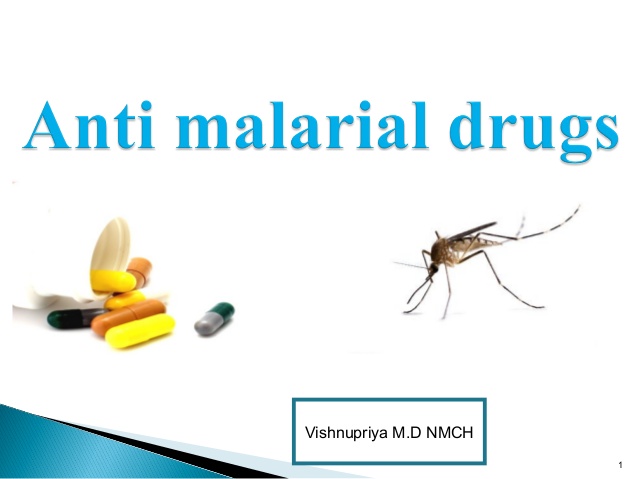FCT Sets Up Cholera Emergency Operations Centre
The Federal Capital Territory, through its Public Health Department, has activated the Cholera Emergency Operations Centre as part of its surveillance and preparedness measures to handle the cholera outbreak in the FCT.
The department disclosed this in a statement on Thursday.
It said while activating the Cholera Emergency Operations Centre over the weekend, the Permanent Secretary of the FCT Health Services and Environment Secretariat, Dr Baba Gana Adam, emphasised that the activation was necessary in light of the number of reported cholera cases across the country.
He noted that as an emerging city, the FCT is at risk of cholera and is taking proactive steps to prevent and contain the spread of the disease in the event of an outbreak.
The Permanent Secretary also affirmed that the Secretariat would spare no resources to prevent a cholera outbreak in the FCT.
He directed that all relevant stakeholders be involved in developing effective, reliable strategies to prevent the disease.
Following this directive, the FCT Public Health Department organised a Cholera Update meeting, bringing together key stakeholders to discuss the cholera situation in the FCT, and the meeting included mapping high-risk areas and defining the roles and responsibilities of each stakeholder in addressing the situation.
At the meeting, the Acting Director of the FCT Public Health Department, Dan Gadzama stated, “The FCT recently recorded about 32 suspected cases, with three laboratory-confirmed cases and eight confirmed cases through Rapid Diagnostic Tests.
“This prompted the activation of the Cholera Emergency Operations Centre to prevent the escalation and spread of the disease.”
Regarding the FCT’s preparedness for a potential outbreak, Gadzama highlighted several measures that had been in place even before the first cases were recorded.
These include the identification of high-risk areas (which have been placed on red alert), public education and awareness campaigns, training for healthcare workers, and the establishment of a Cholera Incident Management team consisting of relevant stakeholders.
He further explained that cholera is an infectious bacterial disease caused by Vibrio cholerae, which spreads through contaminated food, water, and faeces.
He stressed the importance of addressing environmental factors in controlling the disease and mentioned the active engagement of the Abuja Environmental Protection Board in cholera control efforts.
Earlier in the meeting, the FCT State Epidemiologist, Dr Lawal Ademola, stated, “Cholera is primarily associated with a lack of potable drinking water, poor sanitation, and poor food hygiene. Addressing these issues will significantly reduce the risk of cholera outbreaks.”
He added that the government, individuals, and communities all have important roles to play in implementing preventive measures.
With the confirmation of two cases in the FCT, Dr Ademola explained that the FCT Public Health Emergency Operations Centre is now in response mode and will continue public awareness campaigns on the prevention, early detection, and reporting of not only cholera but also other diseases such as Mpox.
Among the stakeholders involved in managing the cholera situation in the FCT, Lawal identified the World Health Organisation, the FCT Primary Health Care Board, the FCT Rural Water and Sanitation Agency, the Abuja Environmental Protection Board, and the Water Sanitation and Hygiene sector as key agencies actively engaged.
As of October 13, 2024, a total of 14,237 cases of cholera have been reported across 35 states and the FCT, spanning 339 local government areas.
Unfortunately, 378 lives have been lost, resulting in a case-fatality ratio of about 2.7 per cent.





